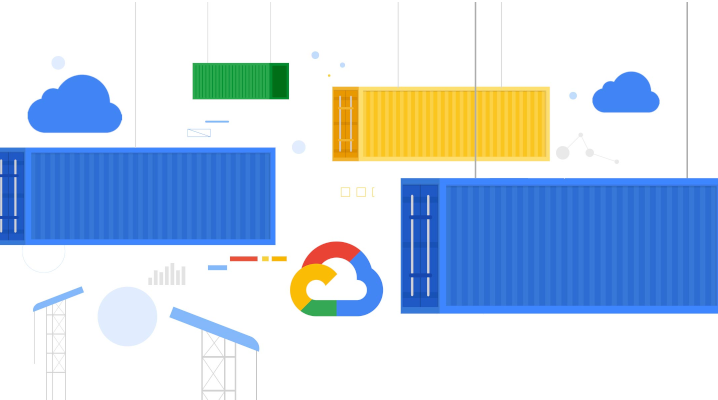 CLOUD
CLOUD
 CLOUD
CLOUD
 CLOUD
CLOUD
Google LLC today announced that several of the core services in its cloud platform are receiving support for Cloud Native Buildpacks, an open-source technology designed to speed up the creation of containerized applications.
The search giant also released open-source templates to ease adoption of the technology for customers. Software containers host the components of modern applications that can run in multiple computing environments.
The original version of Cloud Native Buildpacks was created by Salesforce.com Inc.’s Heroku subsidiary. In 2018, Heroku turned the technology into an open-source project and contributed it to the Cloud Native Computing Foundation.
The purpose of buildpacks, as the technology is most commonly referred to, is to speed up the tedious assembly phase of container projects. Containerized applications typically comprise not just the core software code itself but also a variety of supporting components such as security modules and operating system images. To create their application, developers have to manually assemble these components into a single file, which can take a great deal of time in large projects with a lot of moving parts.
Buildpacks largely automate the process. The technology can scan an application’s source code, deduce what supporting components it needs and then pull everything together without any manual input. Developers receive a ready-to-use Docker container image that can deploy on their companies’ infrastructure.
Google today said that it’s making buildpacks the main mechanism for deploying software on Google Cloud’s App Engine application hosting platform. Moreover, buildpacks will become the default mechanism for deploying serverless computing workloads on Cloud Functions. Serverless computing is an architecture that doesn’t require customers to manage the underlying compute resources.
Cloud Shell, a tool Google provides to help customers manage their cloud infrastructure, now has a built-in buildpacks creation feature. Meanwhile, the search giant’s Cloud Code and Skaffold coding assistance services will support the technology as well.
Google is rolling out the native support alongside a collection of pre-packaged buildpack templates customers can use in software projects. Each template includes a so-called managed copy of the Ubuntu 18.04 operating system maintained by the search giant. As a result, applications built using a Google-provided buildpack automatically receive operating system security patches when they’re released.
Such seamless patches are made possible by another feature of Cloud Native Buildpacks dubbed rebasing. After assembling an application, the technology allows for the included operating system image to be updated to a new version without requiring the entire application to be rebuilt.
“Google Cloud buildpacks can also be customized with additional system packages or to meet your development team’s particular needs,” Google product managers Matthew Soldo and Steren Giannini elaborated in the announcement today. “The buildpacks themselves are all written in Go.”
Google’s buildpack templates are available on GitHub.
THANK YOU